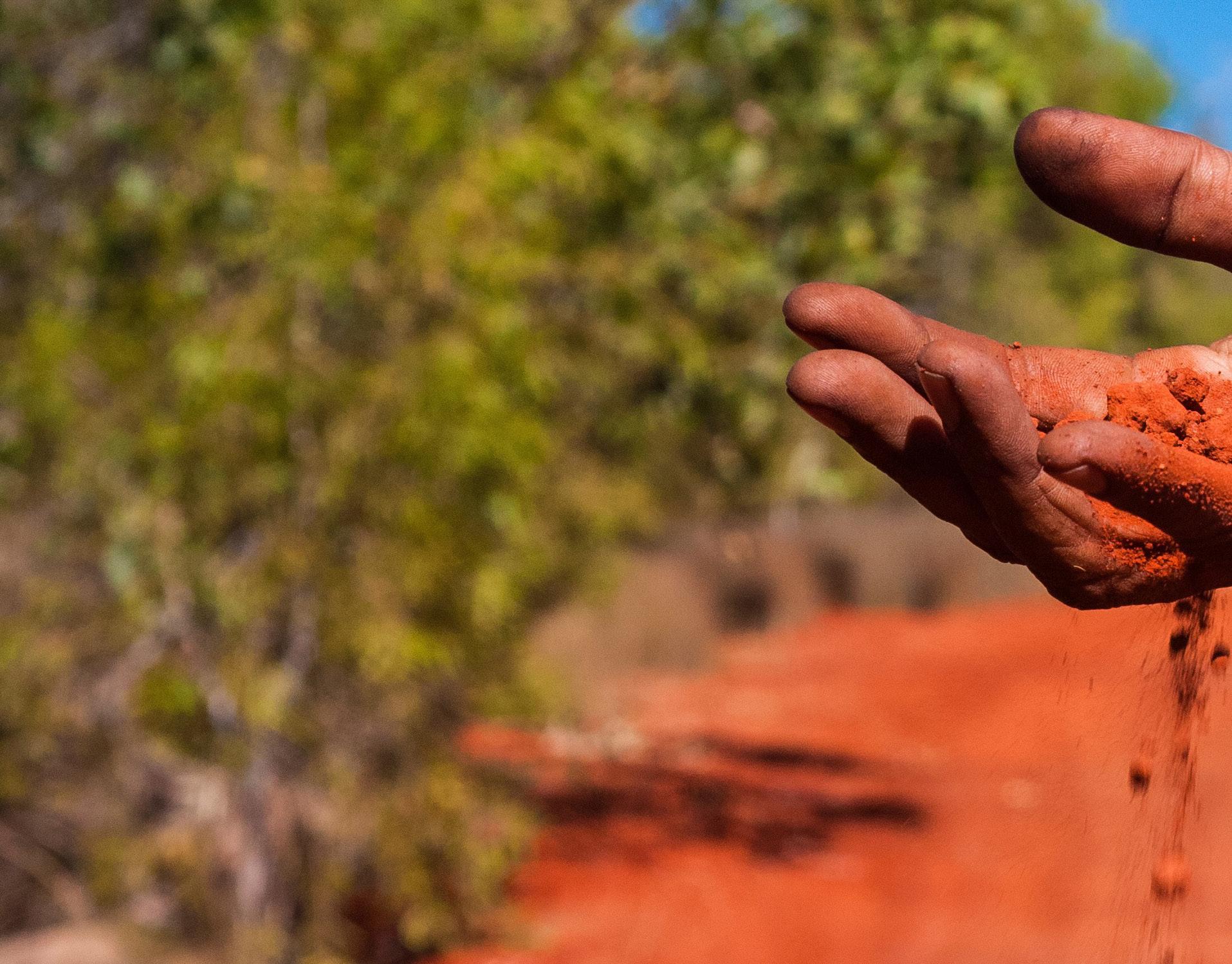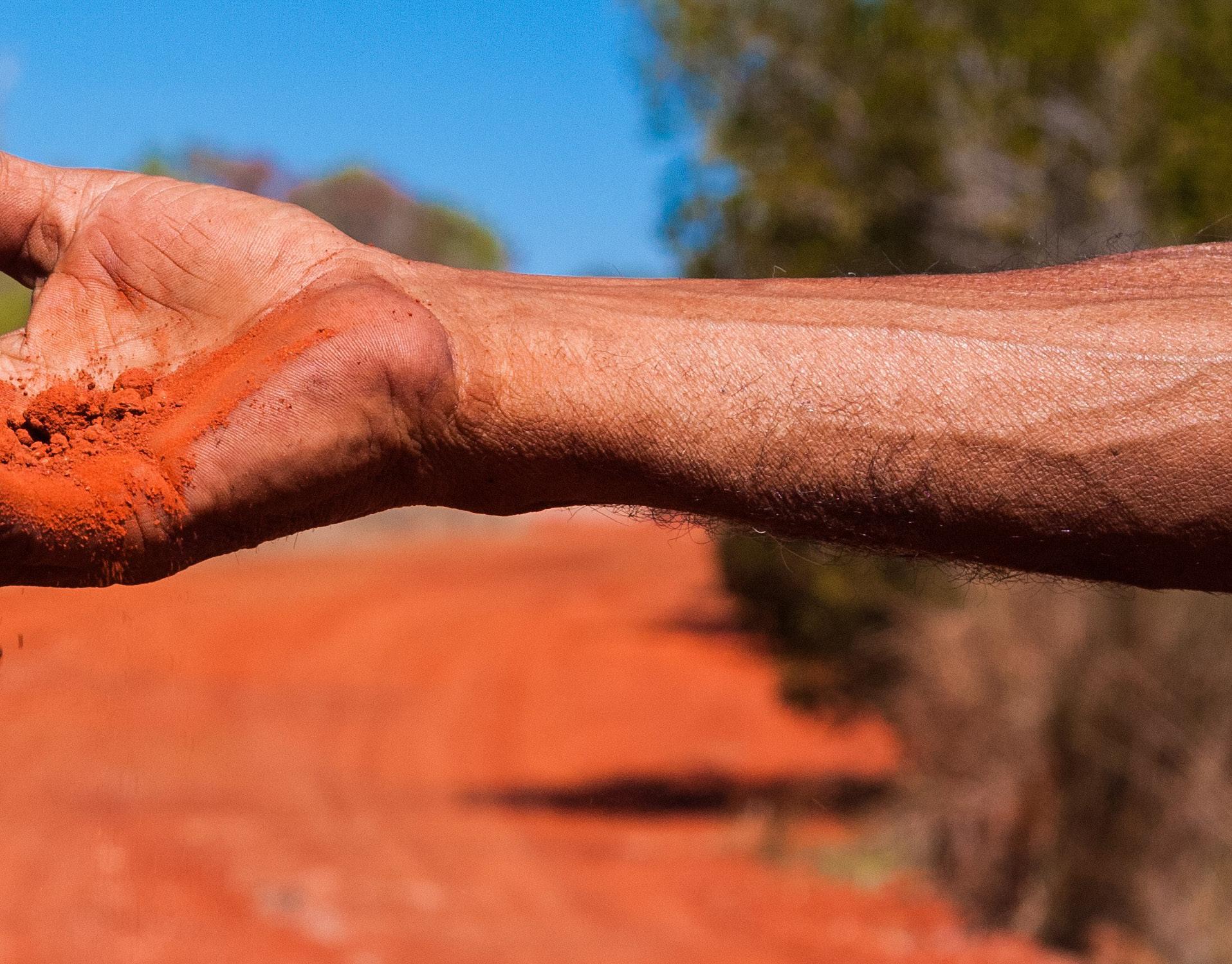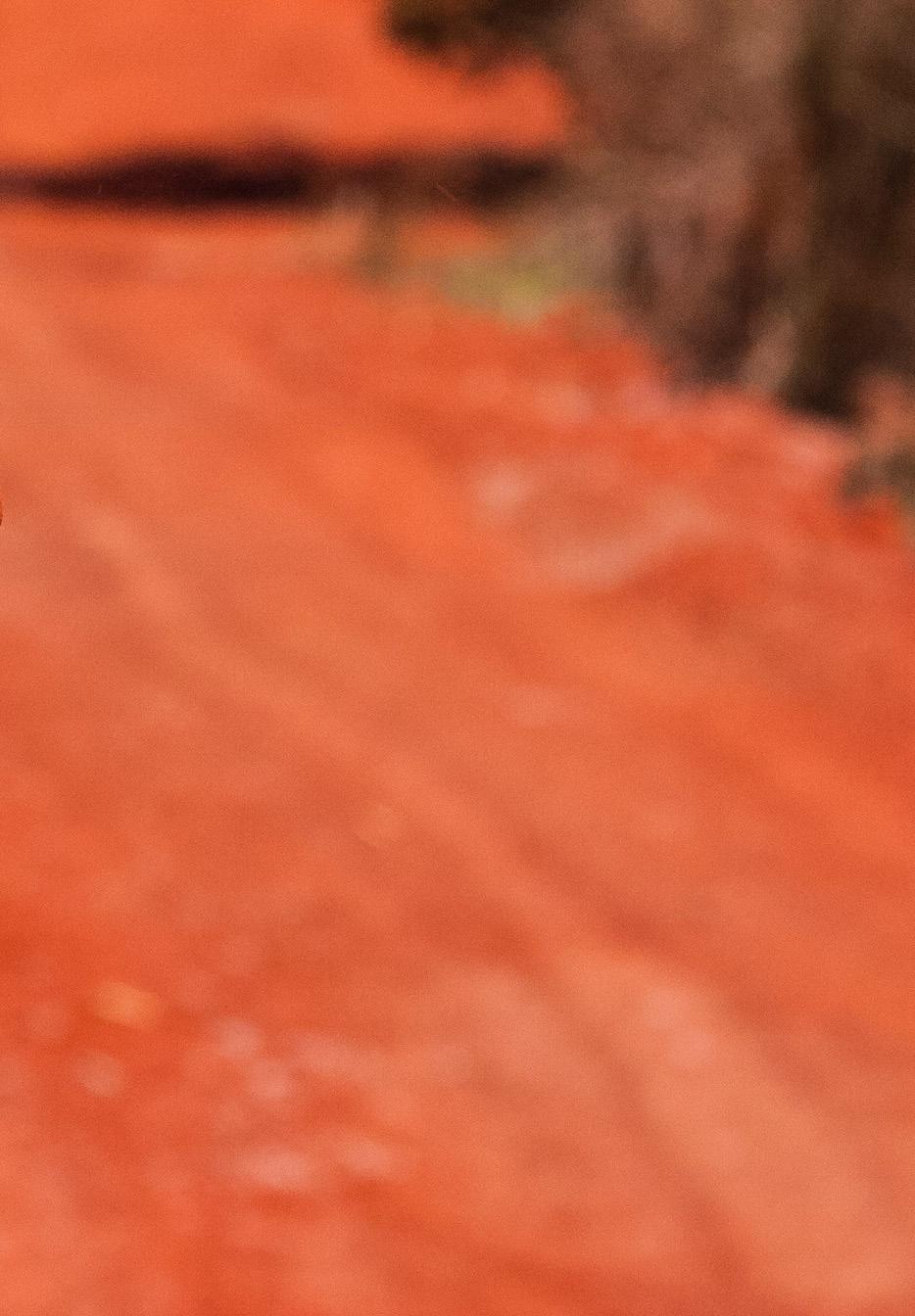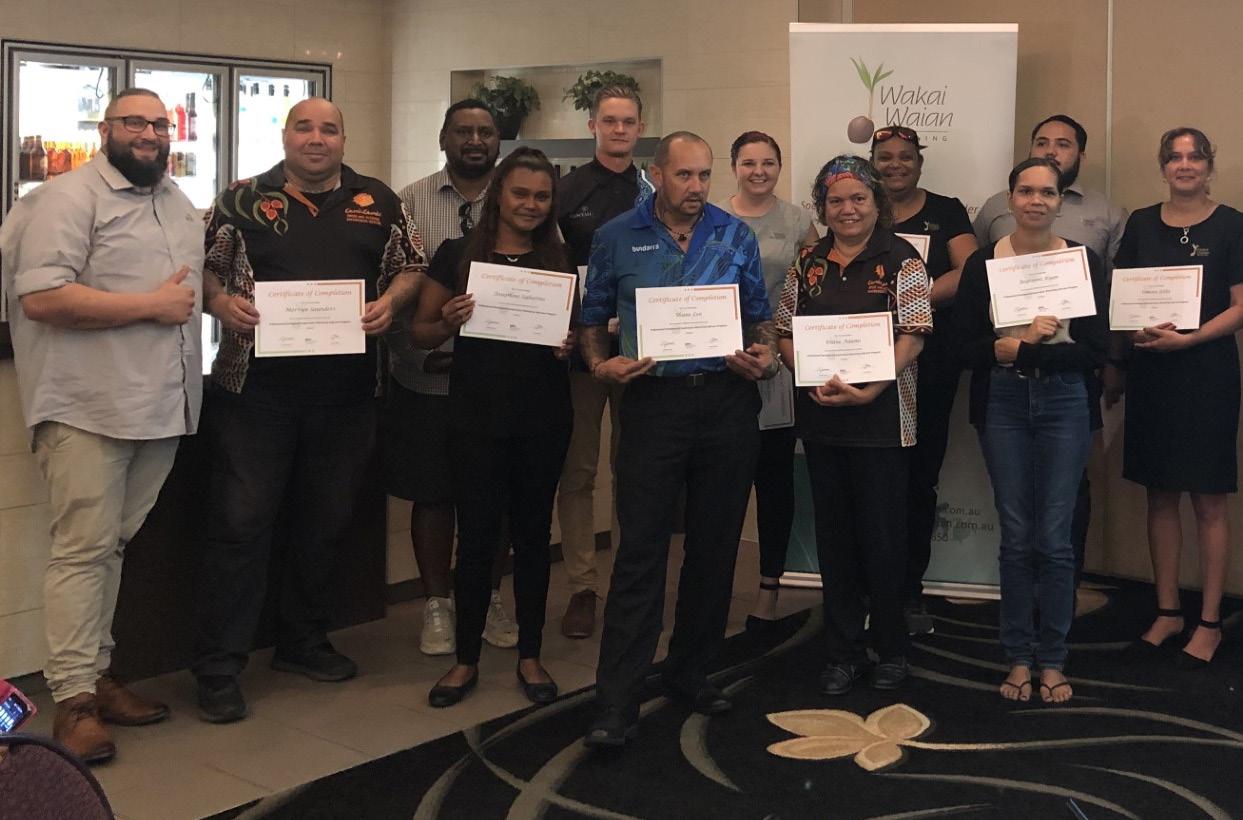
4 minute read
Learning through healing for Indigenous mental health workers
Sunshine Coast PHN
The first trainees to participate in an innovative mentoring program for Indigenous mental health and drug and alcohol workers recently graduated in Central Queensland.
Advertisement
The Professional Development Supervision Mentoring Selfcare (PDSMS) Program is a training initiative developed by a Rockhampton-based psychological service Wakai Waian Healing, with the aim of bolstering the Aboriginal and Torres Strait Islander health workforce in the mental health, alcohol and other drug sector.
Principal psychologist Ed Mosby, the director of Wakai Waian Healing, said he was delighted with the outcome of the innovative workforce development initiative, funded by Commonwealth commissioning agency Central Queensland, Wide Bay, Sunshine Coast PHN.
‘We’re absolutely thrilled to celebrate the achievements for our first cohort; we are so proud of all the trainees,’ Mr Mosby said.
‘The PDSMS Program requires a high level of motivation and commitment from participants and brings together not just skills and knowledge but an opportunity for their own self-empowerment and healing.
‘We first approached the PHN with the original proposal for the program because demand for our own services was so high, and there was a lack of other organisations in Central Queensland providing culturally specific mental health and alcohol and other drug clinical therapies.
‘We knew that workforce was a priority in the region, and particularly Indigenous health workforce, so what we’re doing with this training

is building it ourselves, from the ground up.’
The PDSMS Program is designed to enhance workforce capacity, by including elements of professional development, professional supervision, supportive mentoring and individual and group self-care.
‘One of the important ingredients of the PDSMS Program is how it takes a culturally safe, sensitive and respectful approach to acknowledging the strengths and opportunities that are embedded within the lived experience of each trainee,’ Mr Mosby said.
‘The PDSMS program then combines this with the acquisition of new knowledge and skills and provides a safe process for the application of newly developed competencies.’
Trainees were also required to complete a Certificate IV in Mental Health if they had not already done so.
Mervyn Saunders, who works for Gumbi Gumbi, a drug and alcohol and drug rehabilitation centre in Rockhampton, was in the first cohort to complete the PDSMS Program, and also completed the Certificate IV.
‘I joined the mental health sector a year ago; the PDSMS Program has given me a lot of skills, a lot of tools, and has enhanced my confidence in dealing with clients,’ said Mr Saunders.
A total of 14 participants enrolled in the 2019/2020 program, all of whom work within the Aboriginal and Torres Strait Islander healthcare organisations who helped facilitate the learning.
The PHN’s Senior Manager for Mental Health, Alcohol and Other Drugs, Michelle McAllister, >


2020 PDSMS graduates
said the pilot program was an important step towards improving Indigenous health outcomes.
‘The aim of the PDSMS Program is really about empowering people to deliver services in their own communities,’ Ms McAllister said.
‘When we talk about creating a sustainable, resilient, capable, competent workforce it’s vital we look at what those words really mean in the context of culturally appropriate care.
‘Empowering Aboriginal and Torres Strait Islanders to be part of all aspects of their health and wellbeing is the future in terms of making real change.’
Simone Giles, a descendant of the Wakka Wakka people who has been working within community services since graduating high school, said completing the program has not only taught her new concepts but given her a deeper understanding of her own belief system.
‘It was a long program, about 23 weeks, but I really enjoyed it, it gave me a lot of knowledge in mental health, which was new to me,’ said Ms Giles.
‘I think the biggest takeaway for me was the amount of self-reflection required.
‘You had to really know yourself, who you are and your beliefs and your values, so you don’t project that onto anyone else.’
Several participants in the 2020 PDSMS Program, including Ms Giles, are now continuing their studies and are enrolled in the Diploma of Counselling and tertiary studies in psychology.
Following the successes out of the first cohort, and with the continued support of the PHN, recruitment for the second cohort of trainees for the 2021 program started in January. ha










